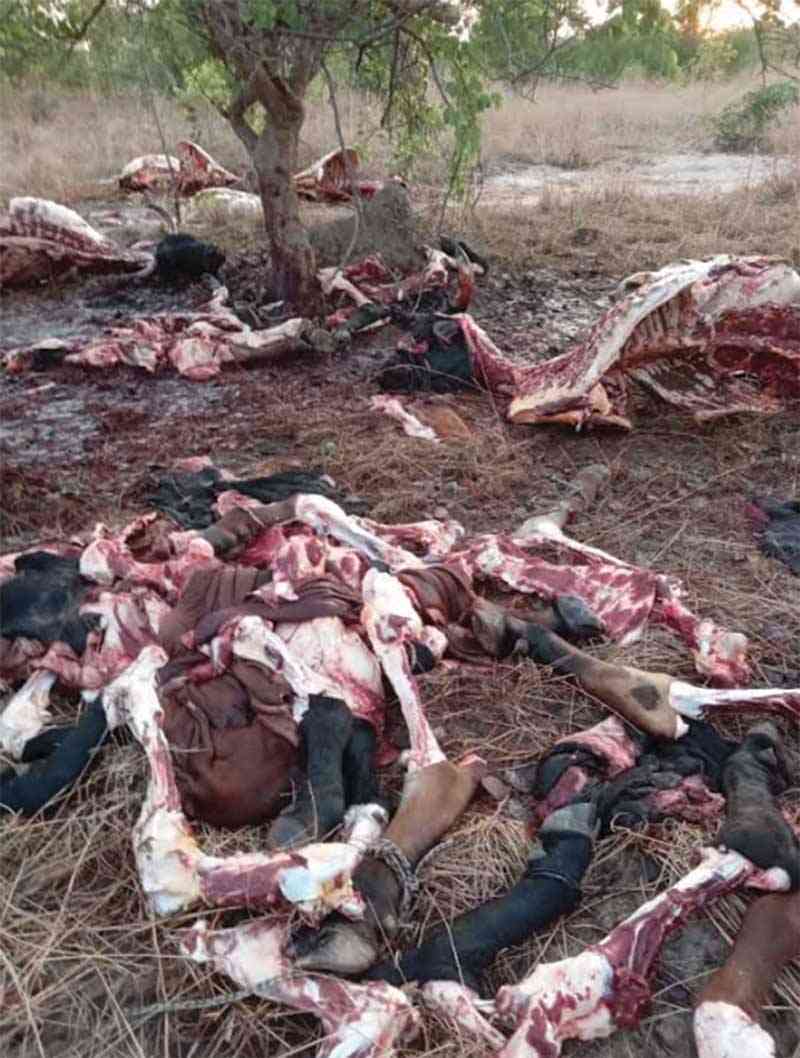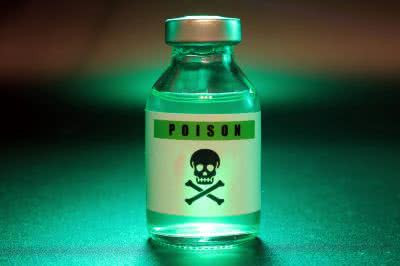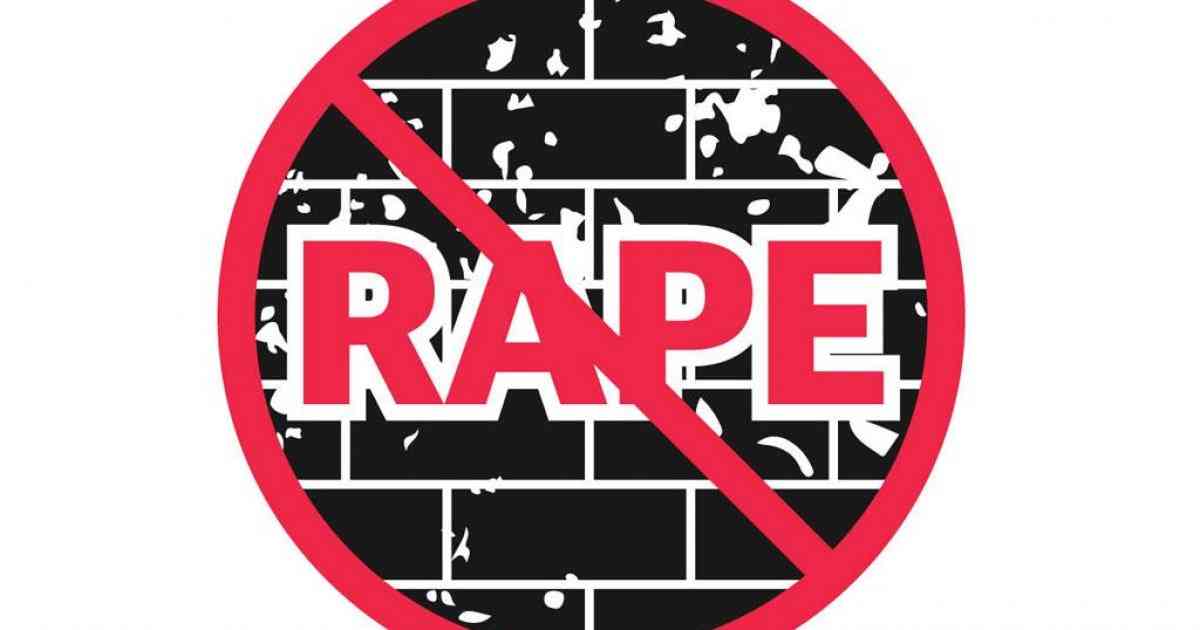
SOME villagers in Gcabayi, Insiza district of Matabeleland South province, are losing livestock after drinking water contaminated with cyanide disposed of along the Umzingwane River by artisanal miners.
They accused authorities of turning a blind eye to the illegal activities that have cost them their livestock.
A villager, Sibongile Dewa, said the most affected area was Gcabayi in ward 16.
“There has been increasing cattle deaths in the Gcabayi area with the cattle succumbing to suspected cyanide poisoning,” Dewa said.
“The miners are not concerned about these deaths and the authorities seem to be reluctant to act against them.”
Insiza Rural District Council chief executive Shephard Tshuma confirmed receiving reports of cattle deaths due cyanide poisoning.
“I have heard of the reports, unfortunately at the moment I am in Harare, but I will send officers on the ground to investigate,” he said.
Matabeleland South acting provincial mining director Khumbulani Mlangeni yesterday said he had not received any reports on the matter.
- Our rural folk deserve better, more
- Insiza cattle succumbing to cyanide
- Shangani Rural District Hospital in shambles
- Tension remains high after Insiza clashes
Keep Reading
He, however, said the department would probe the matter.
“The Mining Management and Safety Statutory Instrument (SI) says any cyanide accident involving livestock or personnel must be reported to the ministry so that investigations are done to find the root cause and prevent recurrence,” Mlangeni said.
“The same SI prescribes that miners must ensure no chemical spillage is beyond their boundaries, and miners have to install return water ponds for reuse of chemicals.”
Matabeleland South provincial veterinary officer Enat Mdlongwa said they had not received reports of cattle deaths.
However, Insiza district development co-ordinator Zacharia Jusa confirmed receiving the reports, adding that two villages in Gcabayi were visited but they found nothing.
“Gcabayi has four villages but I managed to go to villages 9 and 12. I did not find anything, maybe I need to find out in other villages. The people who were trying to do some mining are no longer there. We removed them,” Jusa said.
Environmental Management Agency (Ema) Matabeleland South provincial manager Decent Ndlovu said Ema would investigate the matter.
The developments come at a time when farmers are losing cattle due to drought.
Water sources have also been affected by the haphazard alluvial gold mining on streambanks and catchment areas resulting in water shortages for domestic animals.
Villagers in Filabusi early this year staged protests against a Chinese miner for allegedly threatening Insiza River and Silalatshani Dam with siltation through its mining activities.









